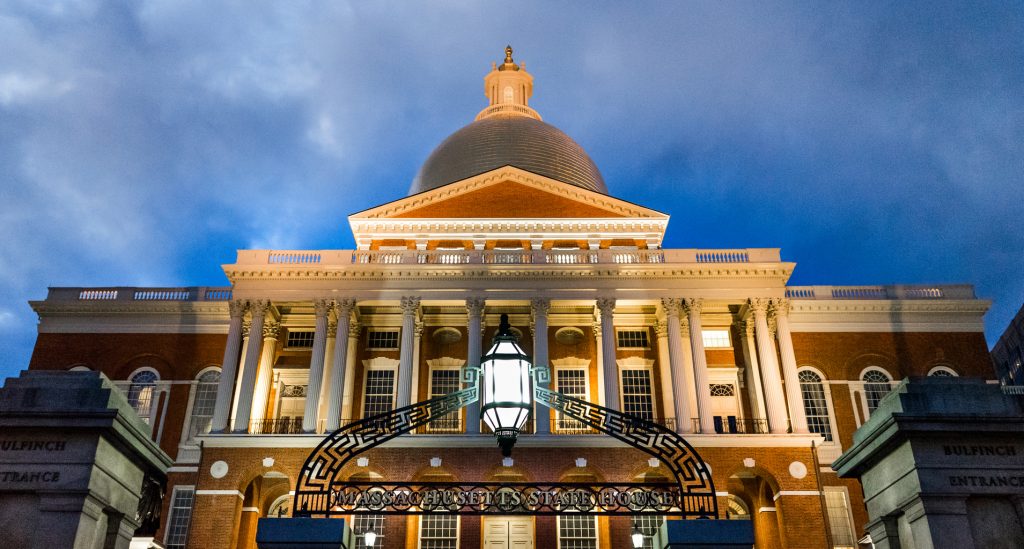
BOSTON – Members of Reading’s State House delegation joined with their House and Senate colleagues this week to approve a short-term borrowing bill to address revenue reductions associated with the COVID-19 pandemic and the decision to move the state’s income tax filing deadline to July 15.
House Bill 4677, An Act to facilitate the delay of the income tax filing deadline, was enacted by the House of Representatives on a vote of 157-0 on May 13, and by a vote of 38-0 in the Senate on May 14. The bill, which is a redrafted version of legislation originally filed by Governor Charlie Baker on March 27, is now on the governor’s desk for his review and signature.
On April 3, Governor Baker signed into law legislation moving the personal income tax filing deadline from April 15 to July 15 to coincide with Congress’ approval of a similar extension of the federal tax deadline. While April is typically the single largest month for tax collections, the extended tax filing deadline – combined with the economic impacts associated with the ongoing COVID-19 State of Emergency – contributed to a 54 percent drop in revenues last month, with monthly revenues down $2.3 billion compared to April of 2019 and falling nearly $2.2 billion short of estimates.
Unlike the federal government, the state is required to balance its budget each fiscal year and cannot engage in deficit spending. By using short-term borrowing, Massachusetts can continue to pay its bills and maintain a positive bond rating.
“The House and the Senate have taken decisive action to give the Commonwealth some much-needed flexibility as it navigates a revenue shortfall that could run as high as $3 billion,” said House Minority Leader Bradley H. Jones, Jr. (R-North Reading). “More importantly, this bill allows the state to continue to meet all of its legal and financial obligations, including the delivery of critical state services and local aid payments to our cities and towns.”
“By delaying the income tax filing deadline, we provided critical relief to taxpayers across the Commonwealth,” said Representative Richard M. Haggerty (D-Woburn). “We must also keep a constant eye on the fiscal health of our state finances and this short-term borrowing legislation does just that, providing state government the flexibility it needs to both provide relief and pay its bills due to the expected revenue reductions. I was pleased to join with my colleagues in the House and Senate by voting on this bill remotely, allowing us all to respect social distancing guidelines during these difficult times.”
“The COVID-19 pandemic has created an extraordinary level of financial and economic uncertainty for our communities, Commonwealth and nation,” said Senator Jason Lewis (D-Winchester). “Both chambers of the Legislature continue to work hard to protect public health and mitigate the effects of this crisis in Massachusetts.”
House Bill 4677 authorizes the state treasurer to issue Revenue Anticipation Notes (RANs), which will allow the state to borrow against revenue expected to come in after the current fiscal year ends on June 30. All interest and principal payments on the notes issued must be repaid from the General Fund by June 30, 2021.
In addition, House Bill 4677 authorizes any income tax payments received in Fiscal Year 2021 that were originally due in Fiscal Year 2020 to be recorded by the State Comptroller as Fiscal Year 2020 revenues. This applies to all tax payments received by August 31, 2020. The bill also allows the Comptroller to categorize income tax refunds claimed but not paid until Fiscal Year 2021 as refunds payable for Fiscal Year 2020.
